Memorial plaque placed on Cultural Center Rex building
The B92 Fund and the Jewish Community of Belgrade on Thursday unveiled a commemorative plaque on the building of the Cultural Center Rex.
Friday, 24.04.2015.
10:50

Memorial plaque placed on Cultural Center Rex building
The memorial plaque was revealed on the occasion of National Day of Remembrance of the Victims of Genocide, the Holocaust and other victims of fascism in the Second World War.The ceremony, in addition to representatives and members of the Jewish community and the B92 Fund, also brought together representatives of organizations and institutions that are members of the European Network of the International Coalition of Sites of Conscience, the B92 Fund among them, who in their countries carry out a variety of activities on public remembrance and memorialization.
The building in Jevrejska Street was built in 1923 by architect Samuel Sumbula for humanitarian societies Oneg Shabbat and Gemilut Hasadim. The building housed a ward for the care of the ill and elderly and youth clubs, while the great hall served for all kinds of religious and social gatherings.
When in early 1942, the gas truck "dushegupka" was sent from Berlin to occupied Belgrade, from the building, which was converted to an annex of the Jewish community's hospital, patients and medical staff were transferred to a hospital that was located in the present-day building of the Faculty of Special Education in Visokog Stevana St. Between March 19 and 22, 1942, all patients as well as staff and doctors who were arrested and together with their families detained in the hospital, a total of 700-800 people, were suffocated in the gas truck as they were taken from Belgrade to Jajinci. During the war a majority of Belgrade Jews were also killed.
Speaking at the ceremony on Thursday, President of the Jewish Community of Belgrade Danijel Bogunovic said: "I want to express my gratitude to the Fund B92 and their efforts to make sure crimes are not forgotten. During the Second World War, almost 90 percent of the Jewish community in Serbia died, and this memorial plaque represents the memory of all those people who have left a deep mark on the community in which they lived. At the same time I hope that this is the beginning of a beautiful and successful cooperation."
"Not only do we have to fight against oblivion, but against a much larger problem, and that is historical revisionism that happens with every change of political sets, as a devastating impact on the universal values of our society," said Chairman of the B92 Fund Board Veran Matic, and added: "Revisionism destroys education, culture, and the relationship between peoples and countries. Increasingly, we are witnessing the devastating consequences of revisionism to our present and the future of our children. The suppression of problems, pushing them under the carpet, persistently comes back, like a skeleton out of the closet, and therefore dealing with the past is of paramount importance to us."
The International Coalition of Sites of Conscience, the Youth Initiative for Human Rights of Bosnia-Herzegovina and the B92 Fund held a meeting of European members of the Coalition for 2015, from April 19 to 23 in Sarajevo and Belgrade.
The meeting this year coincided with important commemorations in the Balkans, including the 70th anniversary of the breakthrough inmates in Jasenovac, the 20th anniversary of the Srebrenica massacre, as well as the signing of the Dayton Peace Agreement. These commemorations were the reason for the European members of the Coalition to come together, talk and experience how work on memorialization is carried out in a context where the past and the present are closely linked, with the obvious lack of political will in dealing with the past.
The meeting was also a platform for the members to reflect on and develop the concept of Sites of Conscience, include new initiatives and new participants. The meeting was dedicated to reviewing the role of civil society and urban space in the memorialization of the past.
With the support of the International Coalition, the Network of European Coalition Members coordinates the efforts of 32 sites in 17 countries that are working on a common goal: promoting tolerance due to increasing xenophobia and discrimination in Europe today.
"The international coalition brings together over 200 museums and organizations working together using the past to understand the present. It is our great pleasure to have been part of the European conference with more than 20 European sites of conscience, these few days in Bosnia-Herzegovina and Serbia," said Sophia Milosevic Bijleveld, program director of ICSC network in the United States, and added:
"During wars, the memory is the first to go. However, this visit revealed how large and important the role of civil society was in the Balkans during the wars of the 1990s, especially in efforts of memorialization in Sarajevo, Srebrenica and here in Belgrade. We have seen examples of successful and moving practices of preserving memory. The work of our hosts, the B92 Fund and the Youth Initiative for Human Rights of Bosnia-Herzegovina is a great example of working to face the past for a better life in the present."










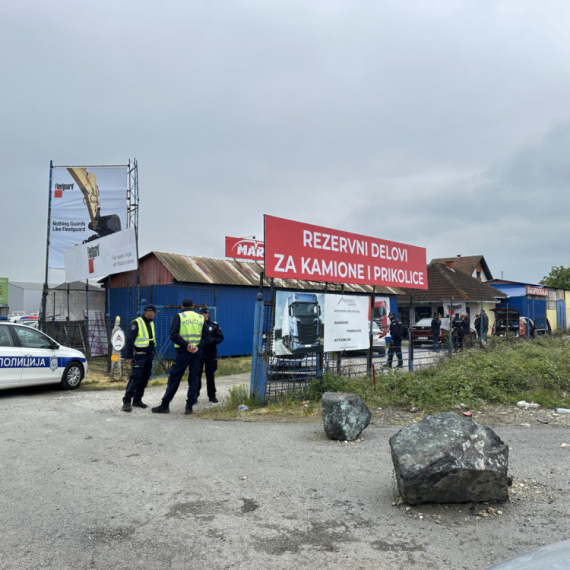
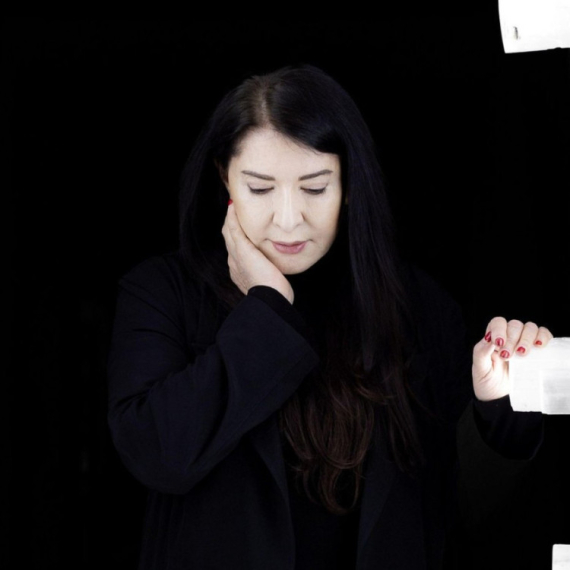


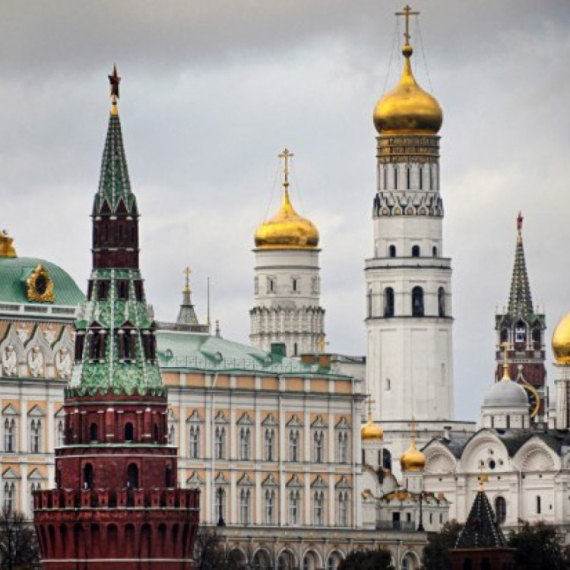
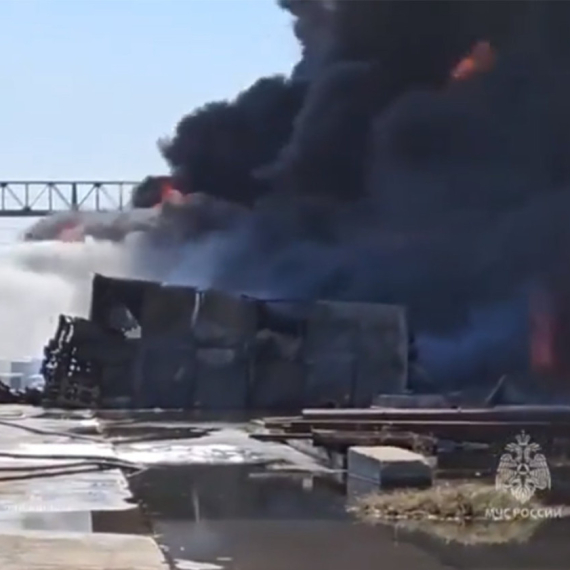












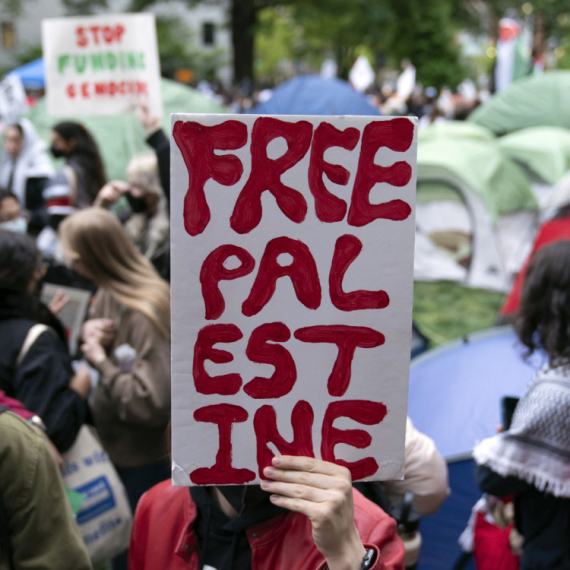













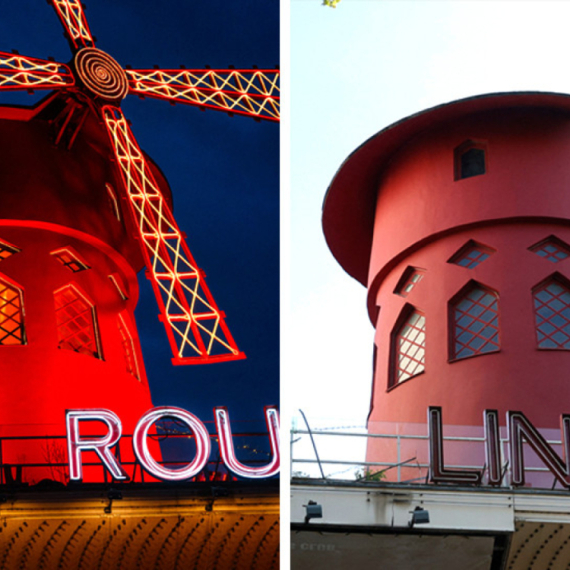





Komentari 0